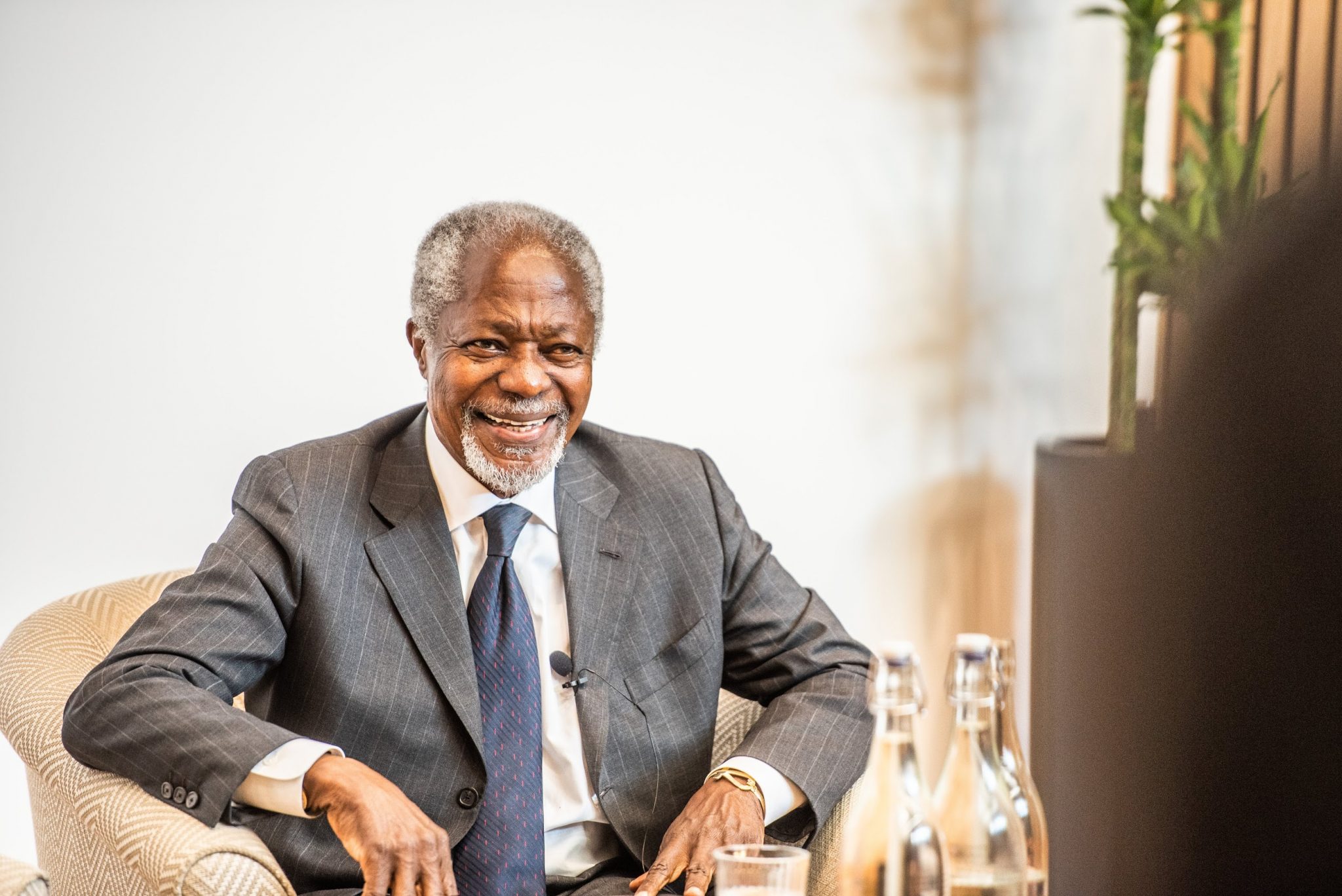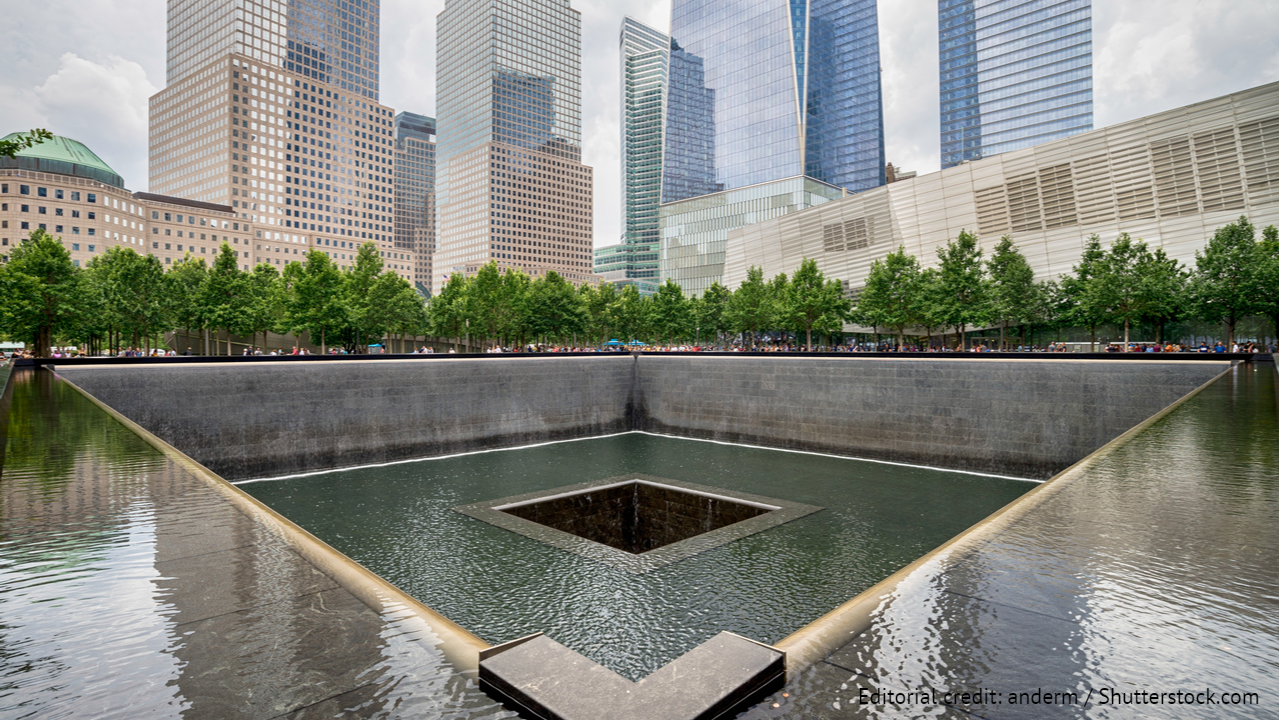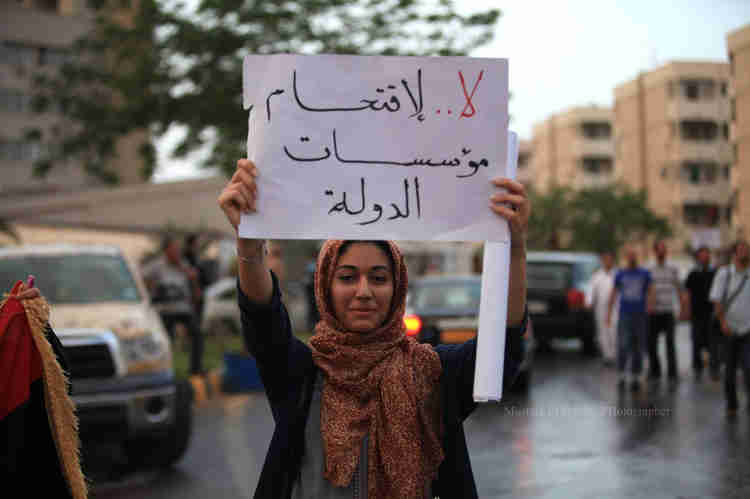Annan hands ICC list of perpetrators of post-election violence in Kenya
"Justice delayed is justice denied. The people of Kenya want to see concrete progress on impunity. Without such progress, the reconciliation between ethnic groups and the long-term stability of Kenya is in jeopardy" – Kofi Annan
Kofi Annan has given the International Criminal Court a sealed envelope with the names of the main suspects responsible for Kenya’s post-election violence last year.
The list of about a dozen people includes at least two senior cabinet ministers and will increase the pressure on Kenya’s coalition government to establish a special local tribunal. Annan, who brokered an end to the crisis last year, had pledged to hand over the names if the government failed to hold accountable those most responsible for orchestrating the violence.
"Justice delayed is justice denied," said Annan, on behalf the African Union Panel of Eminent African Personalities, today.
"The people of Kenya want to see concrete progress on impunity. Without such progress, the reconciliation between ethnic groups and the long-term stability of Kenya is in jeopardy."
Civil society groups in Kenya welcomed Annan’s move. The ICC prosecutor Luis Moreno Ocampo has already launched a preliminary investigation in the case and indicated his willingness to open a full inquiry if no local justice occurs.
At least 1,300 people were killed and more than 300,000 forced from their homes after president Mwai Kibaki was declared the winner of a highly dubious presidential poll in late December 2007. While many of the early protests were spontaneous eruptions of anger at a perceived stolen election, the ethnic-related attacks stemmed from planning and incitement by several prominent politicians and businessmen.
In the Rift Valley region Kalenjin gangs killed hundreds of Kikuyus from Kibaki’s ethnic group. Reprisal attacks saw Kikuyu gangs shuttled into towns such as Naivasha and Nakuru to attack people seen to be opposition supporters.
Annan, the former UN secretary general, persuaded Kibaki and opposition leader Raila Odinga to form a coalition government and undertake essential reforms to prevent a recurrence of the bloodletting. Under the accord, a commission led by judge Philip Waki conducted an inquiry into the violence and the reaction of the police, who shot dead at least 405 people.
The Waki Report instructed the government to set up a special tribunal to prosecute those responsible for the worst crimes, especially crimes against humanity. As a safeguard against his recommendations being ignored – Kenyan politicians are widely seen as being above the law – Waki handed over a list of the key suspects to Annan with instructions to pass it on to the ICC if no action was taken.
Though Kibaki and Odinga, the prime minister, have voiced support for a local court, parliament has rejected the idea. A government delegation visited the ICC last week and agreed to issue a report on domestic investigations in September. If satisfied with the progress, the ICC will allow Kenya until July 2010 to establish the domestic tribunal or refer the case to Ocampo.
Hassan Omar, vice chairman of the Kenya National Commission on Human Rights, said that Annan should have handed over the list earlier but described the move as "a positive step towards accountability".



